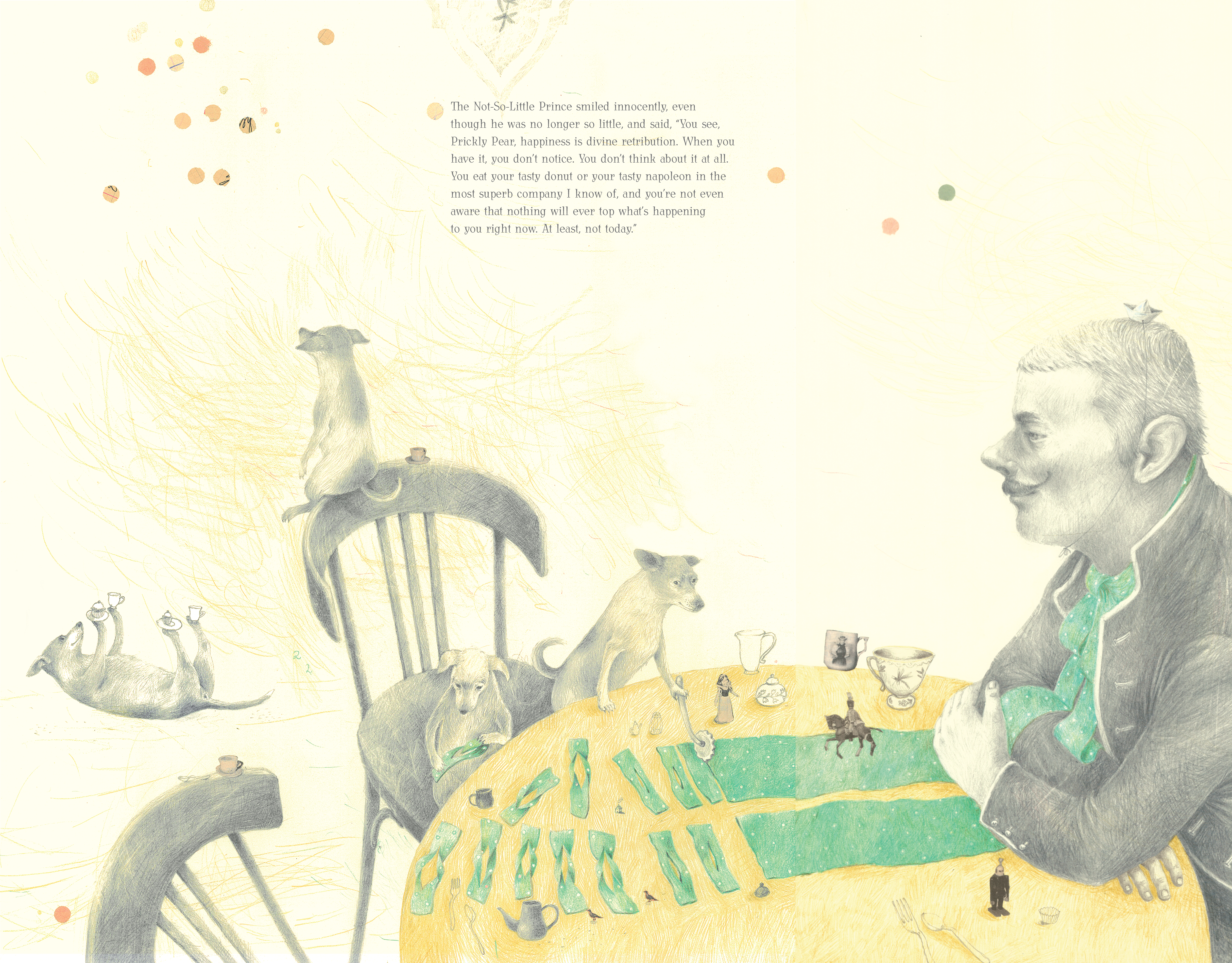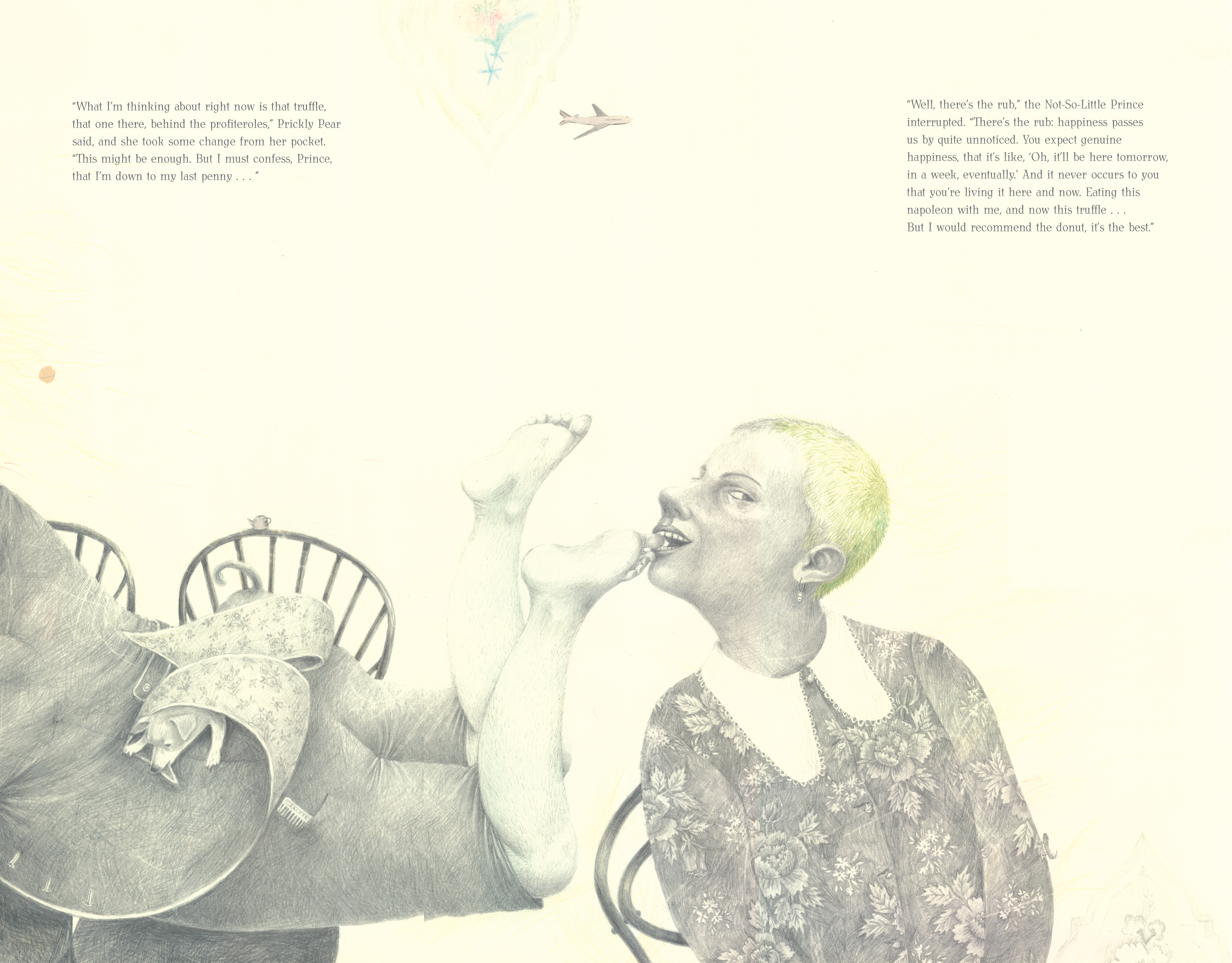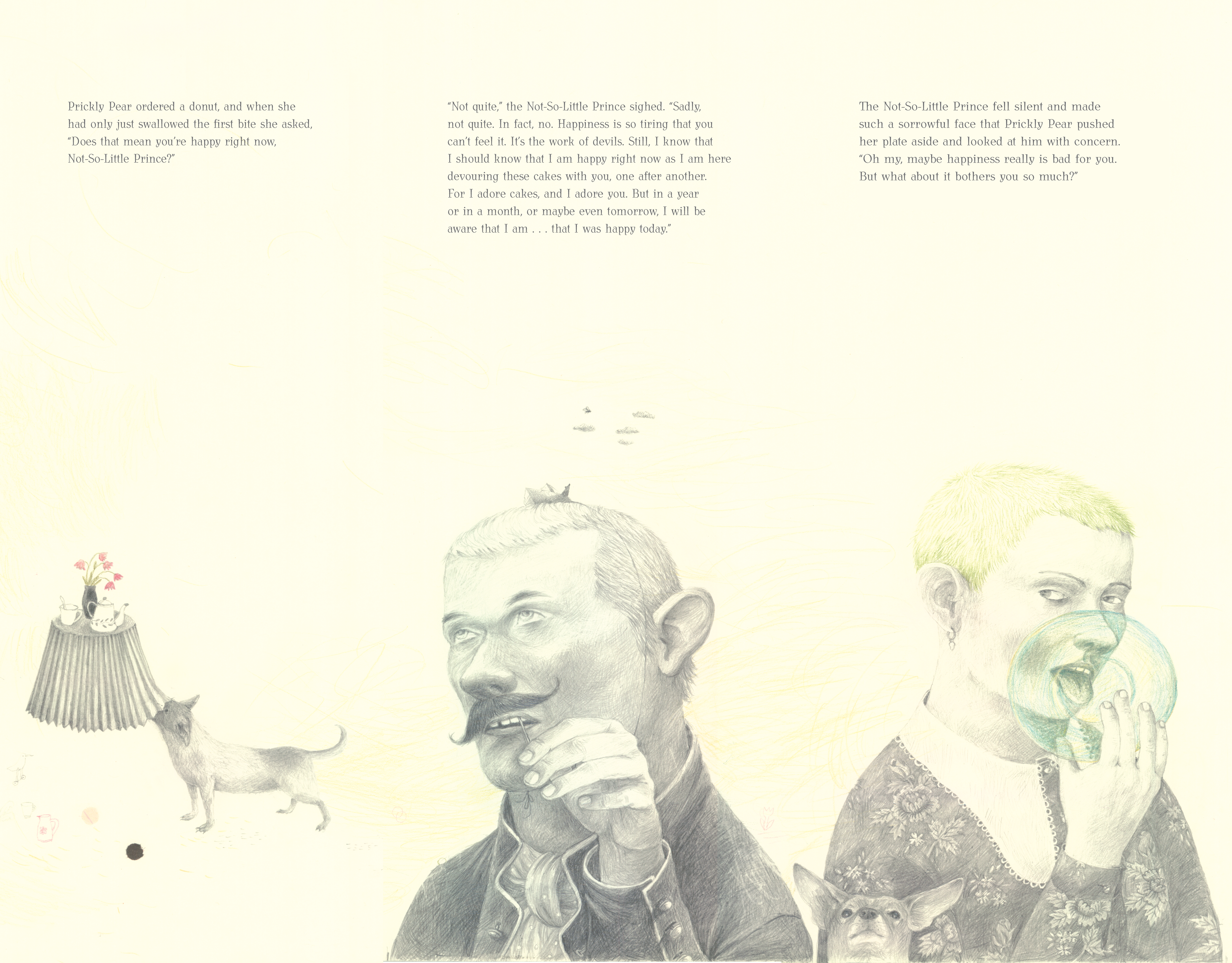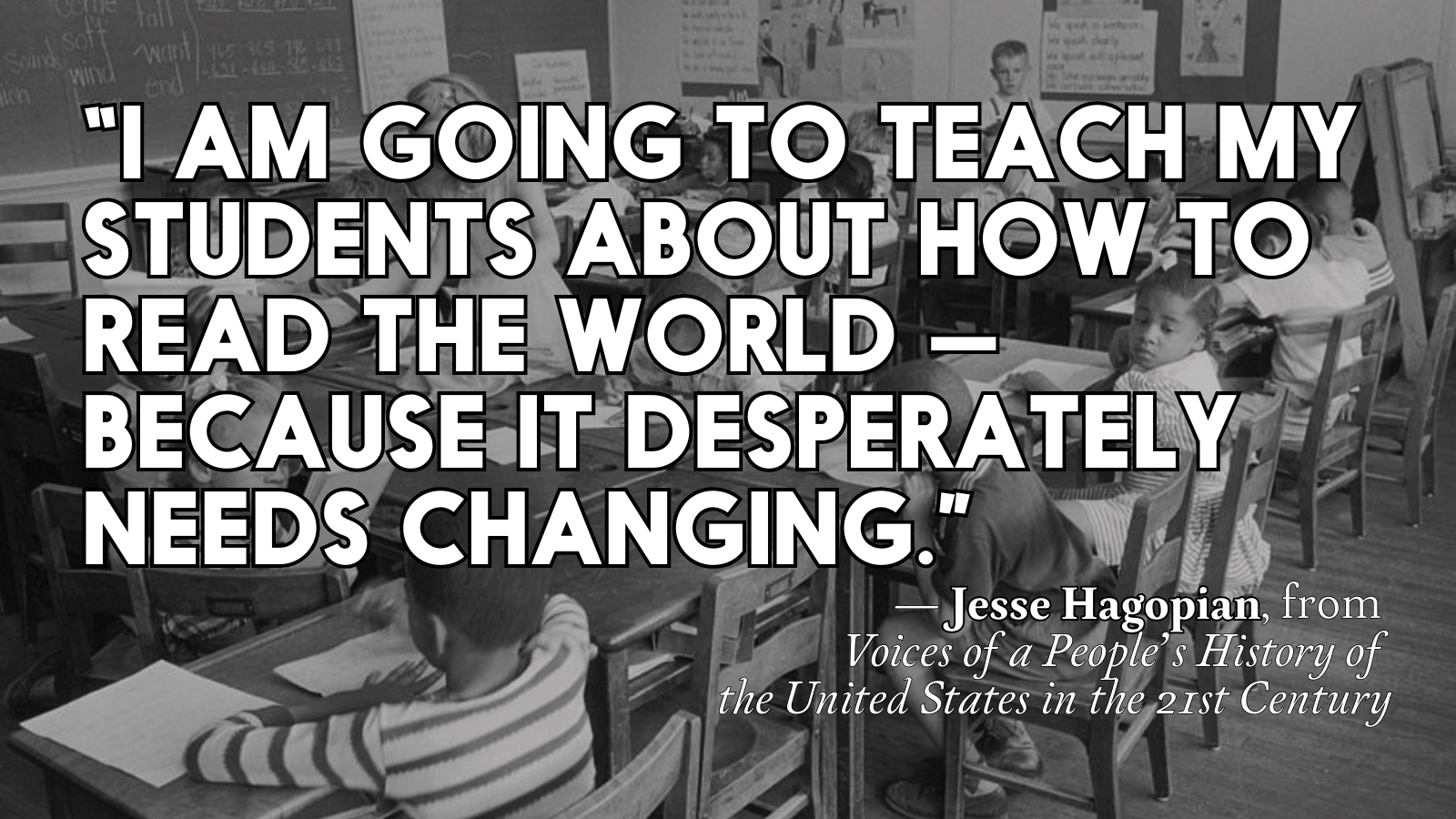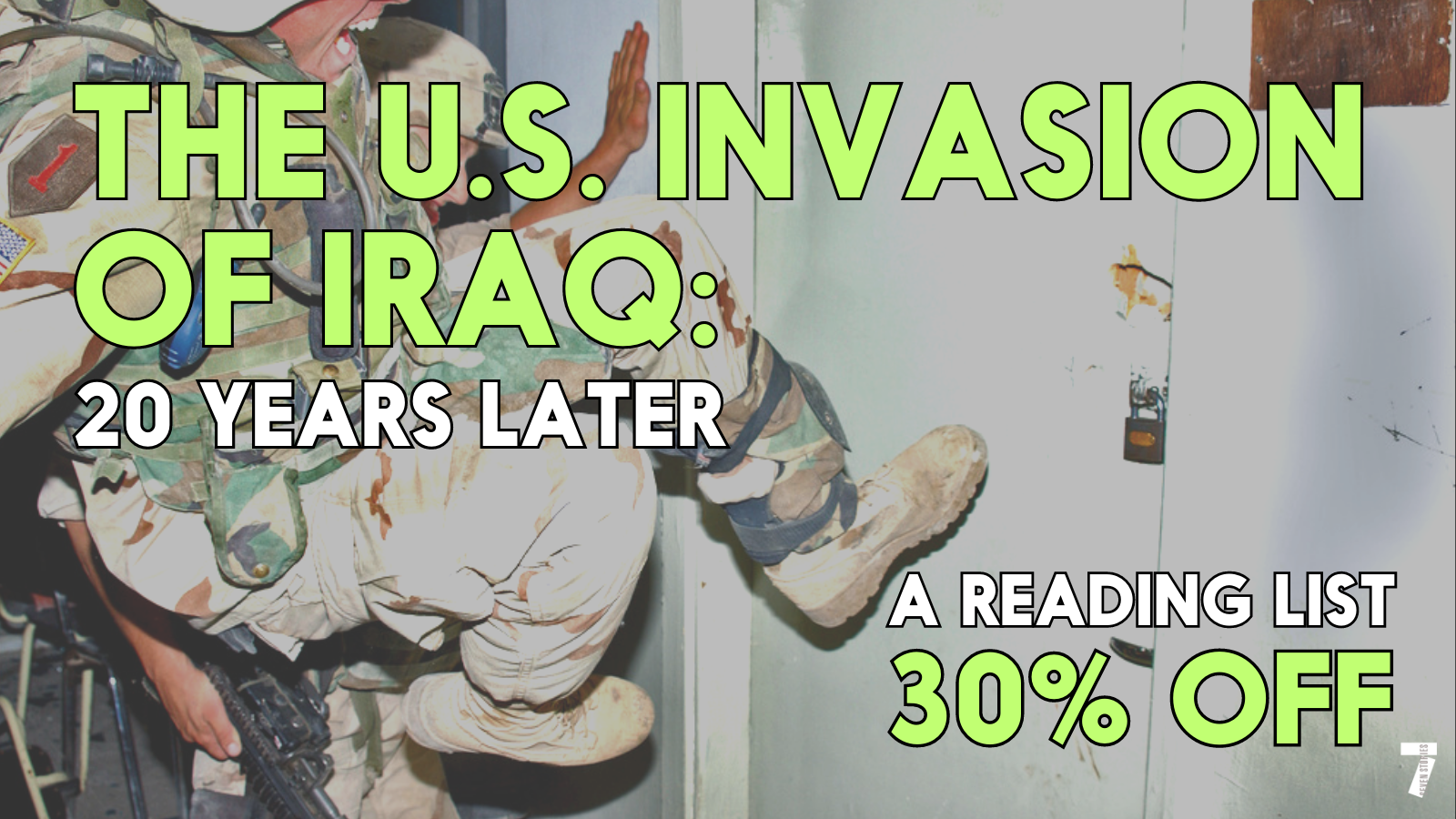This week is Banned Books Week, and we at Seven Stories have put together a list of challenged titles we’re proud to publish and support.
First, Cory Silverberg’s book Sex is a Funny Word, written for children ages 8-10, has received a Stonewall Book Award honor, was included on the Rainbow Project Book List, and was an ALA Notable Children’s Book. It is also one of the top banned books in the country. In 2018, Banned Book Week coordinator Betsy Gomez speculated why on the American Library Association Office for Intellectual Freedom’s blog:
In a country where sex education remains an eternally contentious subject, it’s no surprise to see Cory Silverberg and Fiona Smyth’s award-winning Sex Is a Funny Word on ALA’s top ten challenged books list. It landed in the number six spot after would-be censors trotted out the specter of sex education fueling interest in the act by claiming that the book would make children “want to have sex or ask questions about sex.”
Nevertheless, Gomez notes that “the book has been widely praised for showcasing diverse bodies, abilities, and gender identities and for honestly addressing sex and sexuality as it pertains to youth.”
What Makes a Baby, the first book by Cory Silverberg and illustrated by Fiona Smyth, won a Lambda Literary Award. It covers conception through birth and includes all types of families, orientations, and identities and is geared toward preschoolers to age 8. The next book in the series for ages 13 and up will be called You Know, Sex, and will be published in Spring 2022.
Are Prisons Obsolete? by Angela Davis also has a history of being challenged, particularly for incarcerated populations. Many books that are critical of the prison system are put on banned book lists or an excessively restricted reading lists. Are Prisons Obsolete? landed on such a list in Kansas, which was revealed by the Human Rights Defense Center in 2019.
In 2017, Arkansas representative Kim Hendren proposed a bill to ban all books by Howard Zinn and any book that even referenced his work from libraries and schools. The bill was eventually defeated by the Arkansas House’s education committee and resulted in more librarians and teachers being introduced to Zinn's books and adopting them in classrooms. This includes A Young People's History of the United States, which is one of our bestselling titles in the academic marketing to this day.
In Ohio, a father tried unsuccessfully in 2020 to get Marcus Ewert's children's book, 10,000 Dresses banned from Columbus School District libraries. A school board committee reviewed the book after receiving the complaint from the parent of a 6 year old who brought the book home from school. The book was reinstated. 10,000 Dresses is about a transgender girl who loves to wear and design creative and elaborative dresses.
Edward Joseph Kelly, Mayor of Chicago, banned Nelson Algren's 1942 book Never Come Morning from the Chicago Public Library when it was first published. The Polish American community had complained that it was Nazi propaganda and the FBI investigated Algren as a result. The ban remained in place until the mid-1960s.
And finally Hello Cruel World: 101 Alternatives to Suicide for Teens, Freaks and Other Outlaws by Kate Bornstein, wittily shares personal and unorthodox methods of survival for teens (and anyone).
On PEN Canada’s blog, S. Bear Bergman writes about why he wishes he had access to the book when he was younger:
Adults find Hello Cruel World upsetting, and now that I’m a parent I understand a little better why they might. If you’ve never had similar feelings yourself, or if plenty of time has passed since you did, it’s hard to imagine a child (or any person) feeling so close to the end of their rope. Hello Cruel World has often been challenged, or put “behind the counter”, for this very reason—because the very words that can be a balm if you feel invisible, futureless, or just plain lonely, seem extreme when you don’t.
See more banned books below, and see the full list on Edewleiss here.

